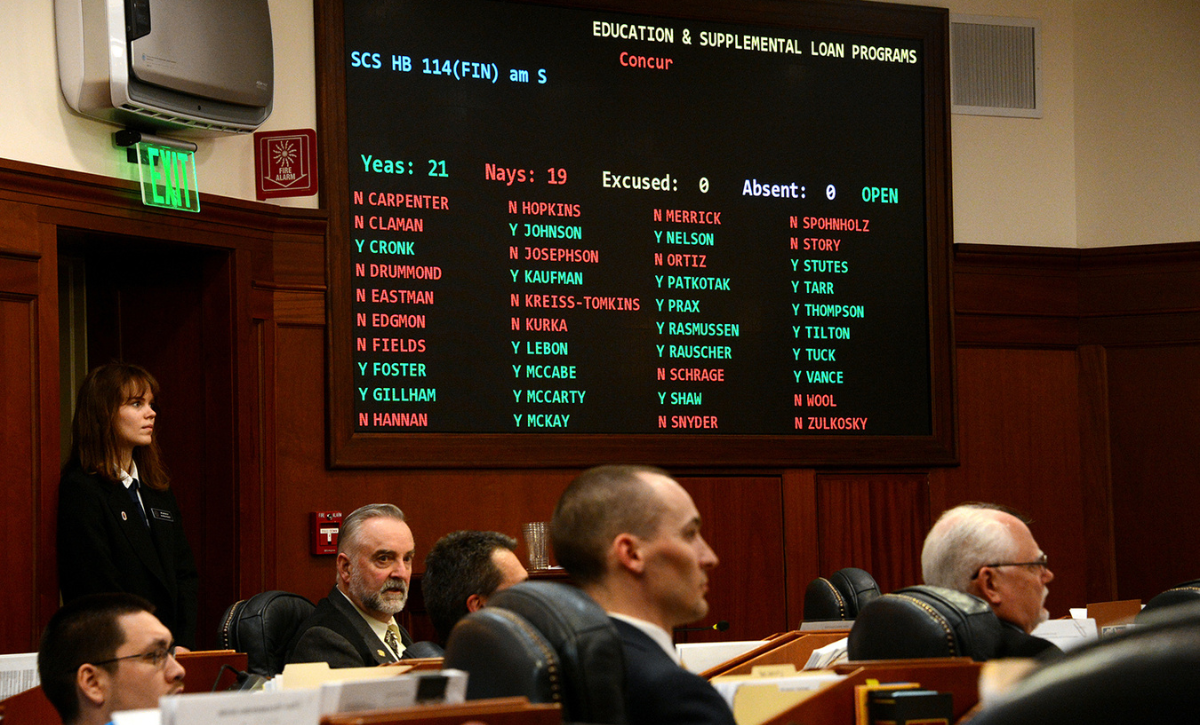The Alaska Reads Act: New Bill Aims to Boost Literacy For All Kids By 3rd Grade

Get stories like this delivered straight to your inbox. Sign up for The 74 Newsletter
On June 20, the Alaska Department of Education and Early Development kicked off the initial planning stage for implementing a controversial bill intended to assist students in achieving reading proficiency by the end of third grade. A department spokesperson said programs won’t be implemented until the fall of 2023.
Grant Robinson, public information office for the Alaska Department of Education and Early Development, said the department is currently going through the bill to identify next steps, like “what potential regulations need to be created or changed, and then what we need to be able to provide to districts so they can enact what they need to based on what’s outlined in the bill. That’s kind of where we are right now.”
Commonly known as the Alaska Reads Act, the language of the bill narrowly passed the House floor during the final days of the regular session as part of another education bill, House Bill 114. The vote was 21-19. The bill would implement a statewide approach to how schools intervene when students have difficulty reading, expand pre-K and give a modest increase to the base amount the state pays per student. Lawmakers who opposed the bill said it wasn’t good for rural schools and took away local control.
The reading intervention bill was a priority of Gov. Mike Dunleavy and Sen. Tom Begich, D-Anchorage, and Dunleavy announced earlier this month his intention to sign the bill. Staff to House Speaker Louise Stutes said both Stutes and the Senate President have signed the bill and it’s on its way back to Juneau to be transmitted to the governor.
The legislation creates four new programs within the Department of Education and Early Development: an early education program, a reading intervention program, a school improvement reading program and a virtual education consortium.
Robinson said around two dozen education department staff attended Monday’s kickoff meeting and formed five internal committees to implement the four main portions of the bill as well as a committee on the reporting requirements and data collection.
The department will have one year to implement the programs, Robinson said.
“There is a definite bit of a rush though, because there has to be new regulations created with the specifics of the programs and those need to be approved by the state board and go through the public comment period,” he said. “And so the December meeting of the state board is kind of the deadline for getting those regulations before the board to be voted on to go out for public comment.”
At this point, Robinson said it’s wise for districts to be reviewing and becoming familiar with the legislation, “but we will be providing the essential information for implementing it to them.”
Get stories like these delivered straight to your inbox. Sign up for The 74 Newsletter

;)